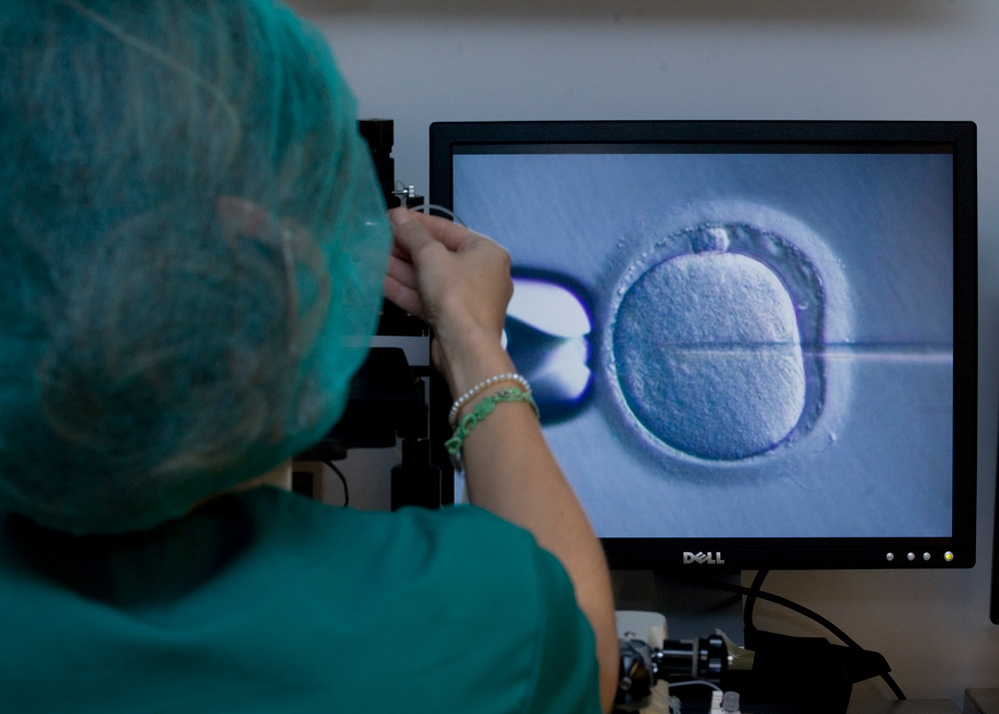
Around 20% of Spanish couples of fertile age have problems when trying to conceive naturally. If you have been unsuccessfully trying for a baby for over a year, perhaps we could give you some help.
What is artificial insemination?
Artificial insemination is a simple assisted reproduction treatment in which fertilisation takes place within the female reproductive system.
To do this, a sperm sample from the partner or a donor is prepared so that its fertility is improved and it is then deposited in the uterus of the patient on the day that she is ovulating.
To put it another way, a selected sperm sample is placed in the woman’s uterus to increase the possibilities of pregnancy.
In which cases should artificial insemination be used?
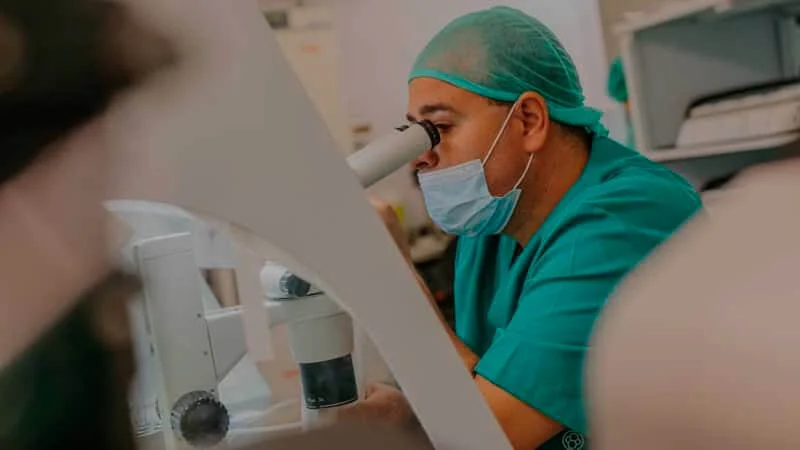
Artificial insemination is usually aimed at young couples (aged up to 35-38) with minor fertility problems. It is also apt for cases of minor anomalies in the seminogram, difficulties during coitus (due to vaginismus for example), anomalies in the cervical mucus, minor endometriosis, immunological factors with low antibody titre, anomalies in ovulation, and sterility of unknown origin.
Artificial insemination is also recommended for women without a partner or those with a female partner, seeing as they can make use of donor sperm to carry out this technique.
In which cases is artificial insemination not the right choice?
Artificial insemination is not the right assisted reproduction technique for women with low ovarian reserve or those aged over 39. Neither is it recommended in cases where the sperm quality is poor. Nor is it suitable if there have been various failed attempts at artificial insemination, because in such cases the recommendation is to turn to in vitro fertilisation (IVF) treatments.
What are the phases of artificial insemination?
An artificial insemination treatment consists of artificially depositing the spermatozoa, which have been previously prepared in the lab, in the uterine cavity at a moment close to ovulation. The artificial insemination process usually takes between 8 and 10 days and it consists of 5 phases:

Phase 1
Medical assessment
In the first phase, our medical team will analyse your case. In this consultation we will perform an ultrasound to check your ovarian reserve and detect any possible pathology. We will also run a complete fertility study before starting your treatment
Phase 2
Ovarian stimulation
In this phase, the ovaries are stimulated using hormones which are similar to those that regulate the menstrual cycle, in order to produce a certain number of follicles which will lead to satisfactory ovulation.
Ovarian stimulation is a phase in which the experience of a team such as the one at Ginefiv plays a fundamental role. We then closely monitor your stimulation using ultrasounds and blood tests.
To guarantee this control, Ginefiv:
- Is open 365 days a year, which helps us adapt to your cycle and not vice versa.
- Has a free app which will help you to keep everything under control and to communicate comfortably and safely with us at any time.
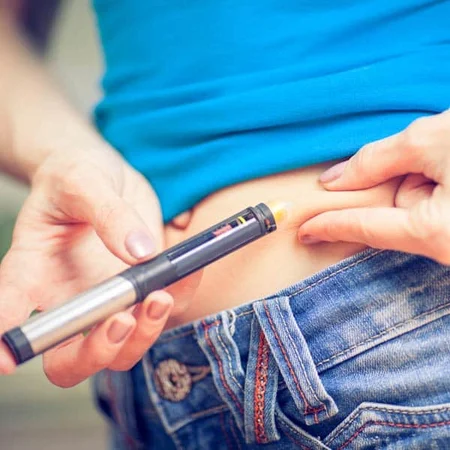
Phase 3
Spermatozoa selection and capacitation
In this phase, we select a sample of spermatozoa which are optimal for fertilisation. To do this, we pick those with the most motility and process them so as to improve their quality and capacity for fertilisation. To achieve this objective, our biologists can make use of MACS, which enables them to use immunomagnetic selection to collect the optimal spermatozoa for egg fertilisation and to rule out those which are less likely to lead to fertilisation.
Safety
All laboratory processes are always carried out following the most rigorous safety and quality controls so that there are no mistakes or complications which could affect the fertilisation.
Donor sperm
In the event that you need to use a sperm donor for artificial insemination, you can be assured that Ginefiv has one of the best sperm banks in Europe, allowing us to select for each patient the most suitable sample, based on criteria such as phenotype, facial similarity and genes, minimising the risk of the transmission of hereditary diseases.
Phase 4
Insemination
The previously selected and prepared spermatozoa are deposited using a fine tube in the interior of the uterine cavity, bringing them close to point where fertilisation will occur and thereby facilitating conception.
The insemination is carried out in an examination room within our clinic and it takes just a few minutes. It is in no way painful and does not require any analgesia.
Throughout the process, our electronic IVF Patrol system allows us to guarantee a secure monitoring and identification of all our patients’ samples.
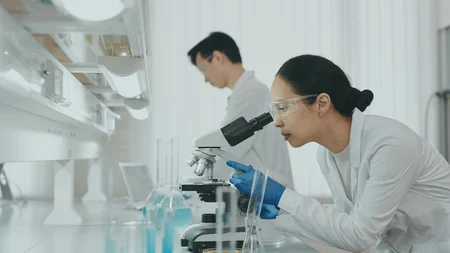
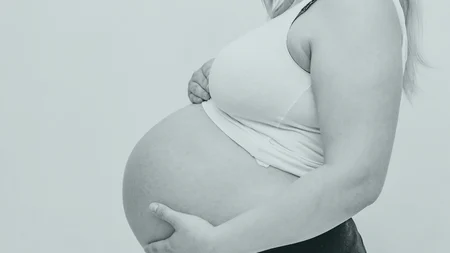
Phase 5
Confirmation of pregnancy
After approximately 15 days from the moment of artificial insemination, we will book you another appointment at the clinic to carry out a free Beta hCG test (a blood test) which will allow us to confirm your pregnancy.
If the result is positive, 7-10 days later we will perform an ultrasound to check the gestational sack. If everything goes well, it is at this point when you can continue monitoring your pregnancy with your usual gynaecologist.
Artificial insemination success rates
Artificial insemination is a treatment which produces good results. Even though, due to its lesser complexity, it has slightly lower pregnancy rates than other treatments, the accumulated rate of 3 cycles is between 45% and 56%. These rates will always depend on the mother’s age, however.
Artificial insemination prices
Go to our prices page to find out more about the cost of artificial insemination and what the treatment includes.
Frequent questions about artificial insemination
Yes, if necessary our patients can make use of our sperm bank to carry out the insemination process.
Yes, Ginefiv works with the majority of insurance companies and we offer preferential rates to all patients who have health insurance.
Ginefiv is open to the public every day of the year: from 8:00 to 21:30 on work days and from 9:00 to 13:00 on weekends and national holidays. This is important because the phases of the assisted reproduction cycle follow their own rhythm and require care and checks at the clinic on certain days, independently of whether it is a holiday or weekend. That’s why at Ginefiv we can take care of you every single day of the year.



